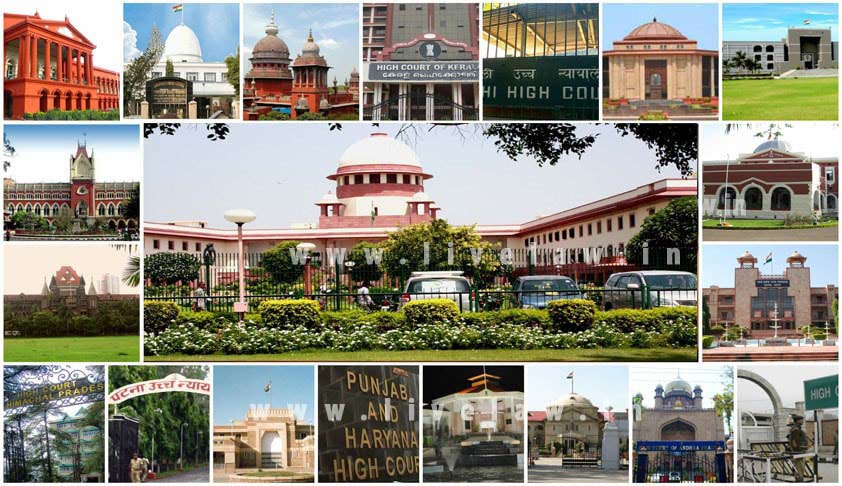- Home
- /
- News Updates
- /
- High Courts Weekly Round-Up
High Courts Weekly Round-Up
Ashok KM
29 May 2016 7:41 PM IST
Allahabad High CourtThe Allahabad High Court recently set aside the dismissal of a woman police constable from service for marrying her colleague, a married constable. “The petitioner has no knowledge regarding the second marriage of her husband at the time of solemnization of the marriage and at this belated stage, the punishment of dismissal from service is too harsh and disproportionate...
Next Story



